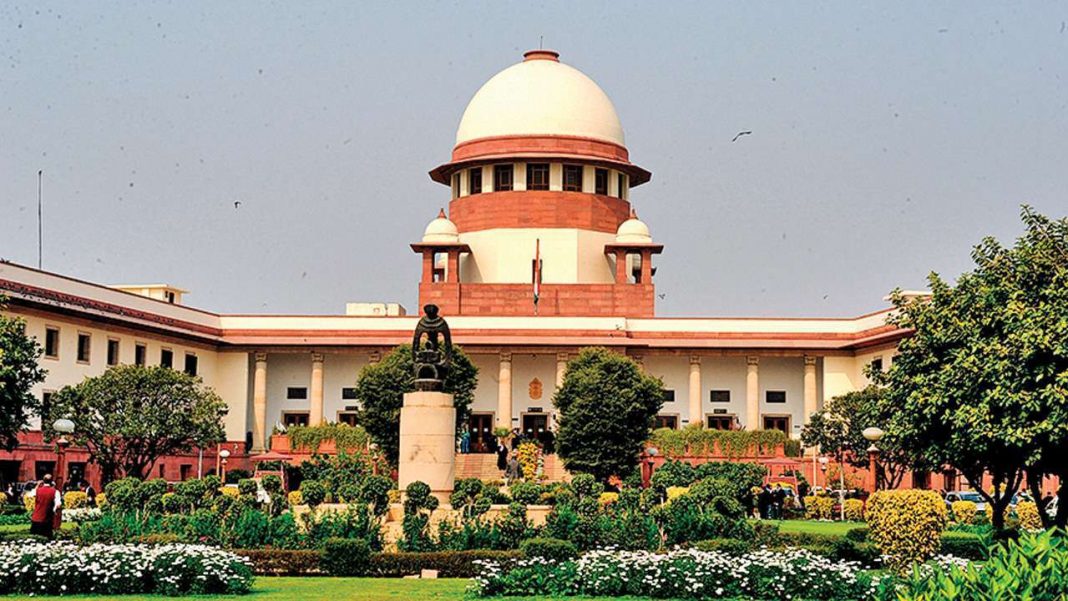The Supreme Court said that it looks like the Central Government has been passing the buck to judicial forums by not framing a law for guidelines enabling passive euthanasia.
The Constitution Bench of Justice K.M. Joseph, Justice Ajay Rastogi, Justice Aniruddha Bose, Justice Hrishikesh Roy and Justice C. T Ravikumar will deliver their verdict in the matter on January 24.
The Constitution Bench heard the arguments on Thursday regarding the need for multiple medical boards’ approval for passive euthanasia and concerns over misuse if it was allowed.
Justice Joseph told Additional Solicitor General (ASG) KM Nataraj while the arguments were going on that these areas are meant for legislature to exercise power, but as they are shying away from it, we would have to it instead.
Justice Joseph said that this should squarely be regulated by you. “I think you have greater wisdom, we do not have anything more than you [Centre] have provided.”
The ASG said it is not the case as the Central government had discussed and deliberated this issue but has decided not to pass a law.
Justice Rastogi then pointed out that the petitioners only want the existing directives and guidelines to be made workable.
In 2018, a five-judge Constitution Bench had given sanction and recognition to passive euthanasia and living will.
The Apex Court in that judgment ruled that the right to life under Article 21 includes the right to live with dignity, and the same includes the smoothening of the process of dying in case of a terminally ill patient who has no hope of recovery.
The Court had also laid down guidelines and procedures to be followed for passive euthanasia after distinguishing it from active euthanasia, in case there is no living will.
A living will is a document that persons with deteriorating health or the terminally ill can execute in advance, through which they can choose not to remain in a vegetative state with life support system if they enter into a state when it will not be possible for them to express their wishes.
If such document is available then it can be presented to a hospital for appropriate action in the event the executant’s health worsens.
As per the advance directive, the judgment had given specific guidelines on the following some terms like who can execute the Advance Directive and how?
The other important questions are as to what should it contain? How should it be recorded and preserved?
Also important as to when and by whom can it be given effect to, along with what should be done if permission is refused by the medical officer.
The matter was then listed again to address some legal questions surrounding the practice as well as guidelines towards enforcement.


